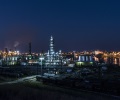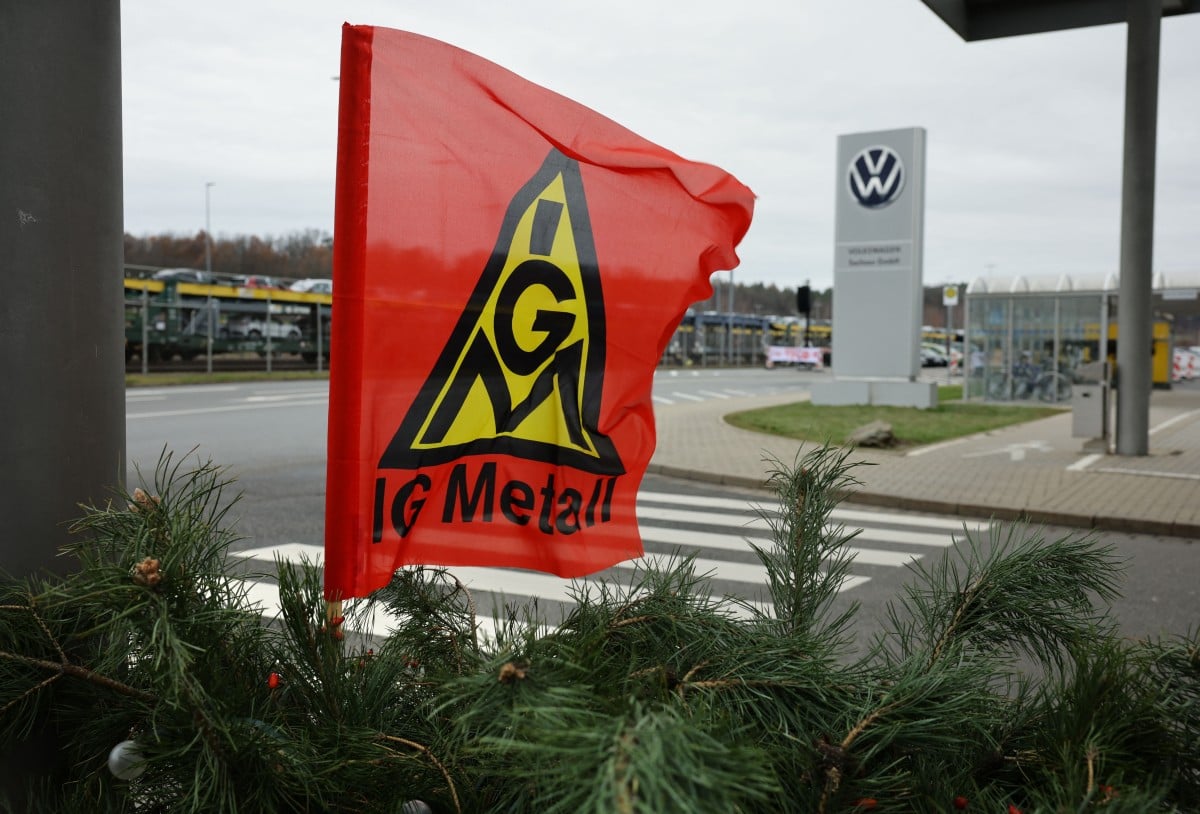
The planned construction of 12 liquefied natural gas (LNG) terminals would “far exceed demand”, and could even jeopardize Germany’s climate targets, a study published by Greenpeace on Monday has warned.
Import capacities would “significantly exceed the current Russian gas supplies and would lead to a long-term dependence on climate-damaging gas,” according to the study by the German consulting firm EnergyComment.
The German government wants the country to become less dependent on gas imports, and to this end, a new law has been passed to speed up the construction of pipelines, and land-based and floating LNG terminals. A total of 2.94 billion euros (3 billion U.S. dollars) of government funding has been made available for four floating LNG terminals, and two ships which should be operational by the start of next year.
“Instead of creating more climate-damaging structures, we must now consistently save gas, promote the installation of heat pumps and insulate buildings, and focus on a new industrial location policy,” said Greenpeace spokesman Manfred Santen.
Last Thursday, gas deliveries from Russia were resumed after ten days of maintenance work on the crucial Nord Stream 1 pipeline. Gas flows are now at the reduced pre-maintenance level of 40 percent, and the country’s gas storage facilities are around two-thirds full.
The temporary halt in Russian gas supplies through Nord Stream 1 put further pressure on prices. Meanwhile, the German government is seeking to fill storage to 95 percent by November.
“We have to think not only about this winter, but also the following one,” Minister for Economic Affairs and Climate Action Robert Habeck said last week. “Gas remains a scarce commodity, and we should use it with appropriate care.”
Source: Xinhua





















Discussion about this post